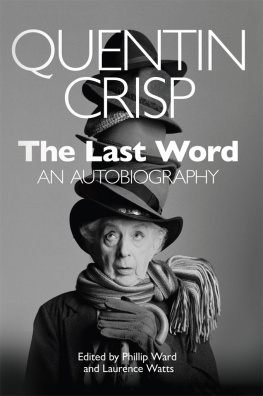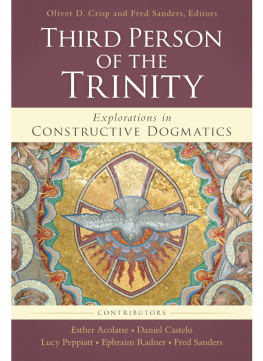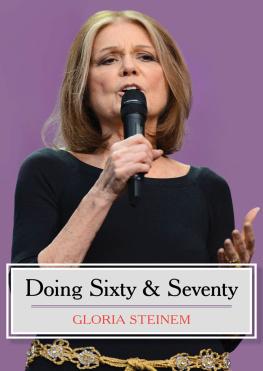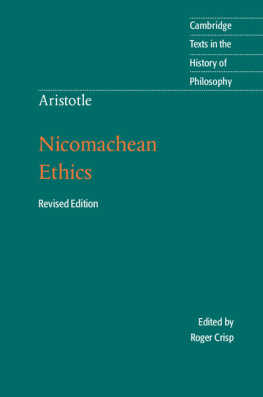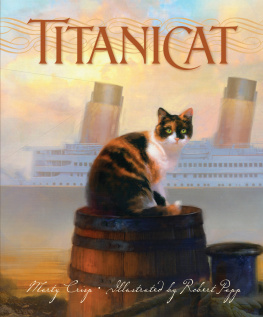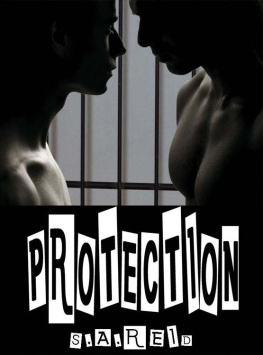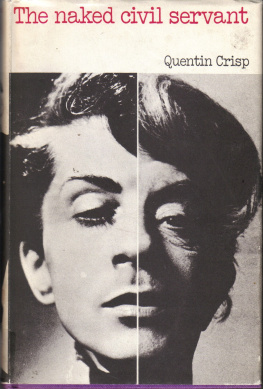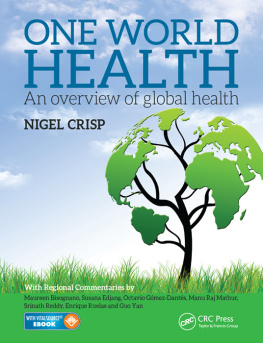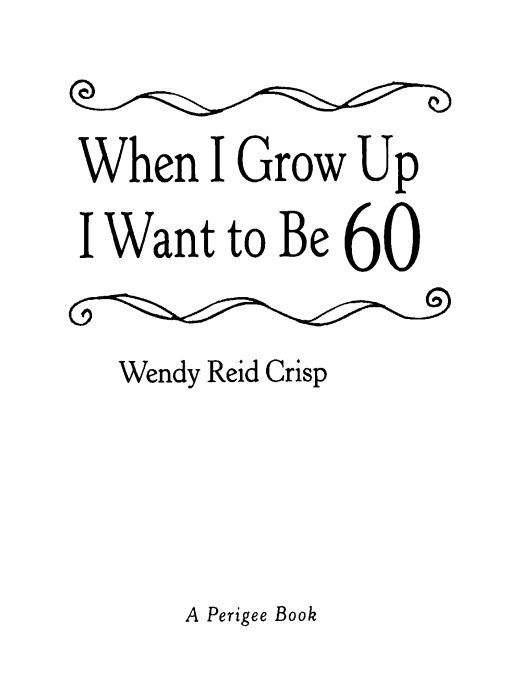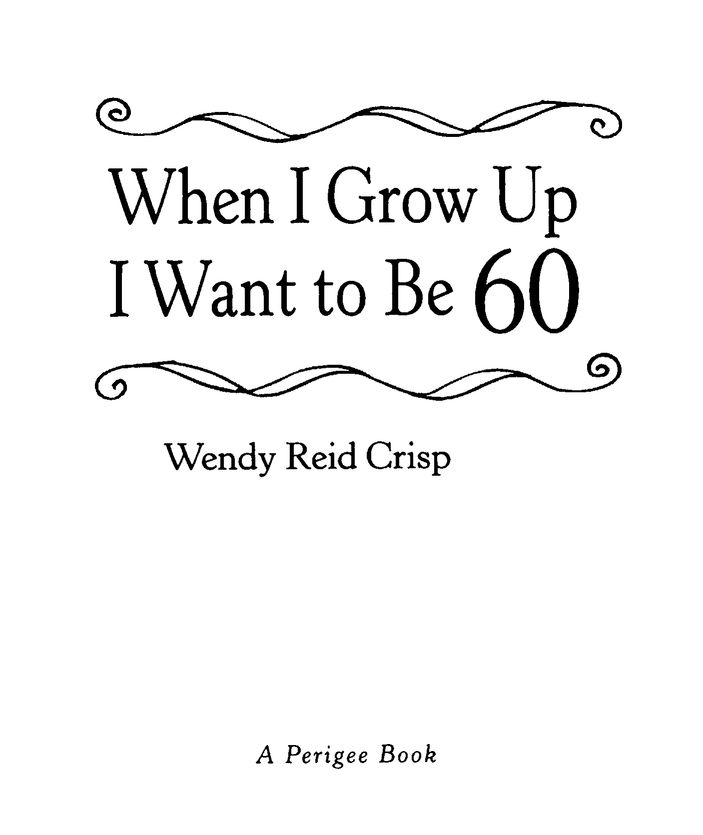Table of Contents
Most Perigee Books are available at special quantity discounts for bulk purchases for sales promotions, premiums, fund-raising, or educational use. Special books, or book excerpts, can also be created to fit specific needs.
For details, write: Special Markets, The Berkley Publishing Group, 375 Hudson Street, New York, New York 10014.
to the memory of
Jennifer Moyer,
who left everything
better than she found it
Thank you
Lari Shea, Maureen Crawford, Patty Friedmann, Harriett Foster, Nancy Kaytis-Slocum, Susan Fales, Ruth Anne Stretch, Ginger Lourenzo, Sue Schiller, Elaina Zuker, Catherine Mace, Sue Laris, Willa Briggs, Barbara Carroll, Beverley Eastwood, Darlene Ricotta, Patricia Westfall, Suzannah Mellon, Cheryl Etter, Linda Moreland, Ruth Bass-Green, Ann Barbata, Karen Pingitore, Dee Johnson, Pam Mauney, Jody Fleury, Ann Coopersmith, Talia Carner, Sara Matta, Helaine Shilling, Giuliana Halasz, Jeanne DuPrau, Lynette Matyshock, Sally Dolfini, Eva Eng, Caroline Blattner, Jill Mason, Trudy Banks, Marlene Nunnemaker, and the two Johns: editor Duff, and husband Lestina.
Foreword
Whoops. Weve hit the S word. Sixty. A Speed bump, the first one Ive noticed. Dont tell me to slow down. If I alter the course, that will be my decision. A Sexagenarian and still a Smarty-pants. Hmm. What other S words define us and inspire us? I asked each woman whose voice is in this book to think of such a word (or make one up)an S word that describes her feelings or ambitions for this era of our lives. The women who responded are Asian Americans, Middle Easterners, Caucasians, Latinas, Native Americans, and African Americans; they are from across the United States, as well as from China, Venezuela, Mexico, Canada, Scotland, Indonesia, and Israel. Some of them have been married to the same man for forty years; some have been married many times; some are divorced, some are gay; some are single by choice, some are widows. The group includes mothers and grandmothers and (two) great-grandmothers; there are women who have not had children, women who have adopted children, women who have lost children. The voices are those of teachers, from preschool to graduate school; a neonatal nurse; two social workers; a bookseller; four writers and a poet; an anthropologist; a banker; mortgage brokers, real estate brokers, and stockbrokers; homemakers; an artist; a potter; an equestrienne; a pianist; a historian; a city planner; shopkeepers; entrepreneurs; and a post-master. Remarkably, about half of the women represented here have at least one parent livinga statistic that is unique in modern history.
Several of the women are survivors of breast cancer; one has bone cancer. Some have had family members who struggled with Alzheimers; a few report they have been active in substance abuse recovery programs.
All of us who speak on these pages came of age in the late 1960s; we protested the war in Vietnam, marched for civil rights, lived in communes; the womens movement challenged us, threatened us, involved us, and inspired us. Some of us jumped on the career carousel in navy-blue suits and red bow ties and went for the brass ring; others walked a more traditional path, sneaking off only occasionally to participate in networking receptions, sensitivity sessions, or consciousness-raising groups.
Years before our secrets became the public fodder of television talk shows, we began to trust in each other and to confide. We learned then that our differences are valuable, even honorable; we celebrate them as they bind us together and mourn when they divide us.
For whatever our differences, we are a historical cohort: We are the most populous group of women to attain this age, and, relative to our foremothers, we are affluent, educated, healthy, independent, and still burning with the heat of the fire that forged us. We are Sixty. We are Strong. Hear us roar.
Introduction
My mother said, Never say never, and I went right ahead and said it anyway, often several times a day, and now Ive rounded a corner and found myself staring down my nevers.
Ten years ago, I wrote 100 Things Im Not Going to Do Now That Im Over 50. The old Yiddish warning If you want to hear God laugh, make plans, comes to mind, as does If you want to see God double over with hysteria, publish your New Years resolutions. On thirty-seven things, Ive done a one-eighty. I wrote, for example, in rash mid-century confidence, that I was no longer going to lecture the young (does volunteering at the elementary school count?), or sleep on wrinkled sheets (right; Im hauling out the mangle iron as we speak).
Ten years ago, I foresaw a serene, manageable future. What could be more chaotic than the past? I said, proving that naivete endureth forever. And then, I married, divorced, and remarried in the space of three years; hosted two radio shows; wrote 260,000 words worth of newspaper columns; edited a magazine; made money and lost money; became a grandmother; studied Spanish, bridge, rose gardening, and documentary filmmaking; hiked fifteen miles in a single day to pick huckleberries; decorated a retro condo; was awarded prizes in photography; put up a thousand jars of fruit; preached sermons; won a four-wheeler; and moved seven times in six years to and from four states, including a surprising relocation to the Minnesota prairie.
Even as recently as my mid-fifties, I laughed and said, I still dont know what I want to be when I grow up. Well, ready or not, I have grown up, and I know what I want to be. Its what I am: Grateful.
Wendy Reid Crisp
Ferndale, California
January 2006
Shape-shifters.
Last fall I telephoned Julie, and her husband answered. Shes not home right now, he said. Shes in the Amazon.
Some people have us fixed in such form-fitting personalities, they are rattled by the tiniest aberration in our behavior. When did you learn how to arrange flowers? my mother asked suspiciously, as if the act of reading about ikebana and assembling hydrangeas was evidence of a double life.
When I surprise my husband and my fatherthey have one hundred years of combined knowledge of methey shake their heads, amazed; the looks on their faces are priceless. Shocking the rest of the world is easier, but not as satisfying.
Cathi
Sharpshooters.
Let the boys win, said my third-grade teacher. Its important to them. And dont show off. No one will like you. We were Special Forces in smocked dresses, walking softly, carrying our intelligence as concealed weapons. Eventually, we were unmaskedits stressful for a ten-year-old to pretend to forget what a planet is or purposefully misspell foreign. Sadly, however, our third-grade teacher was right, and never more so than when we entered the business world. Feminist movement or not, smart womenand there are so many of us!make people nervous. As well we should. The weapon is no longer concealedand at sixty, we fire at will.


